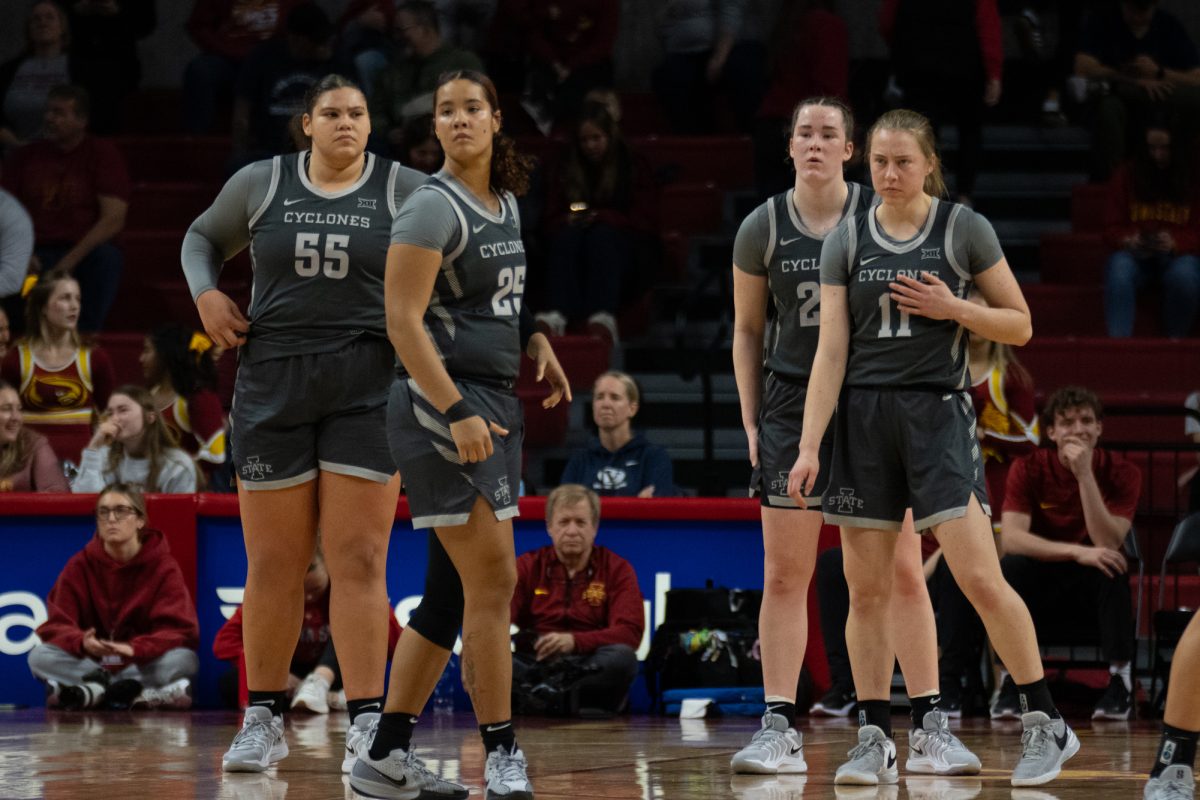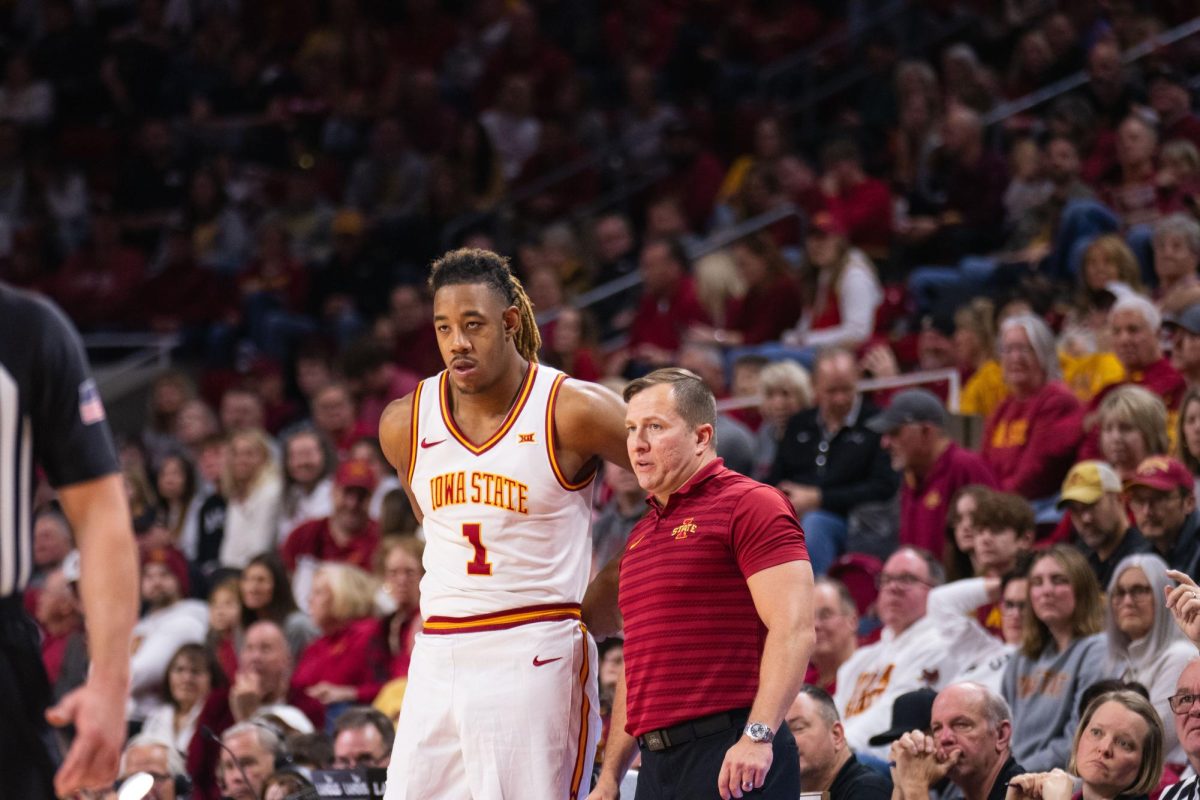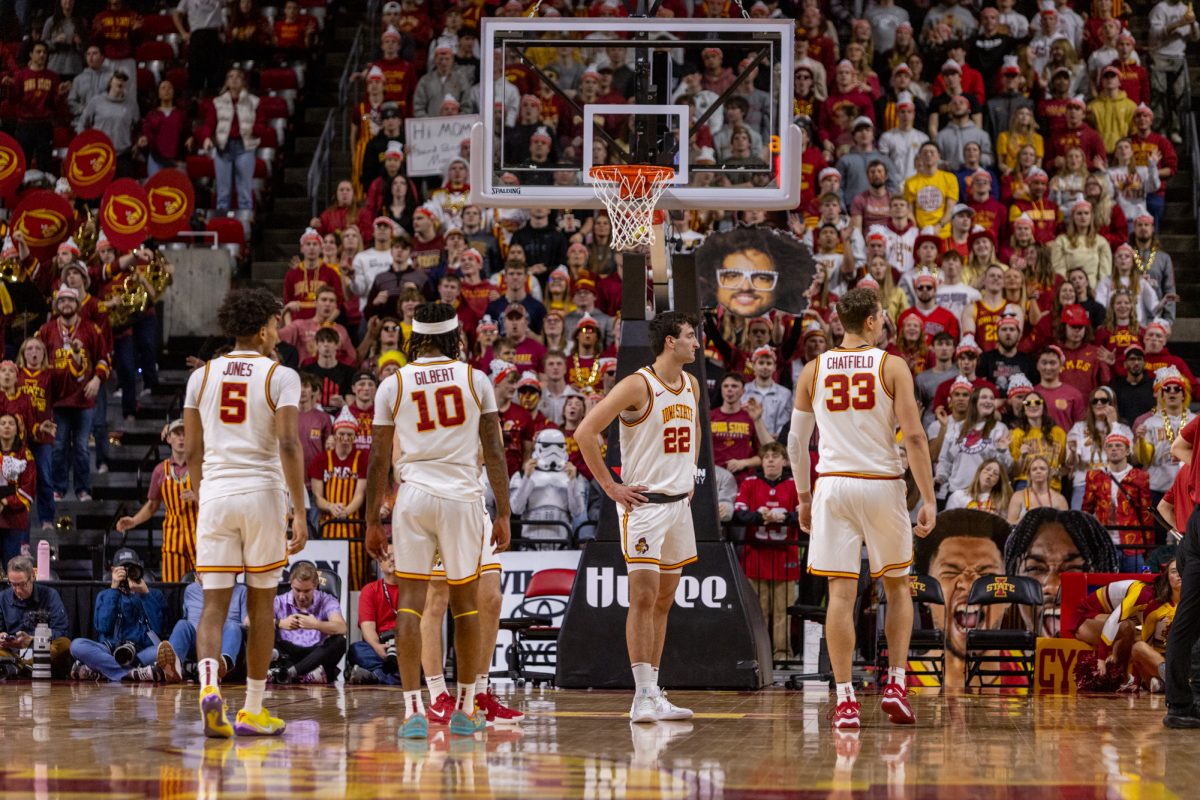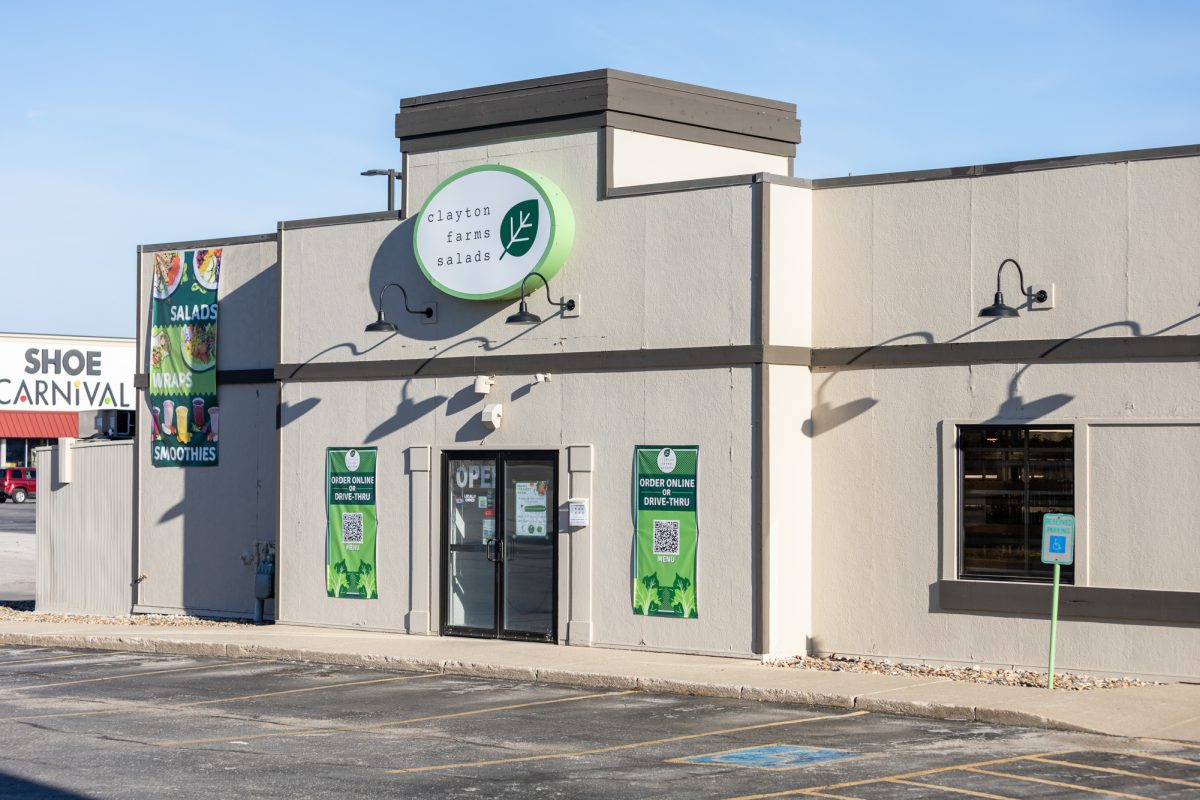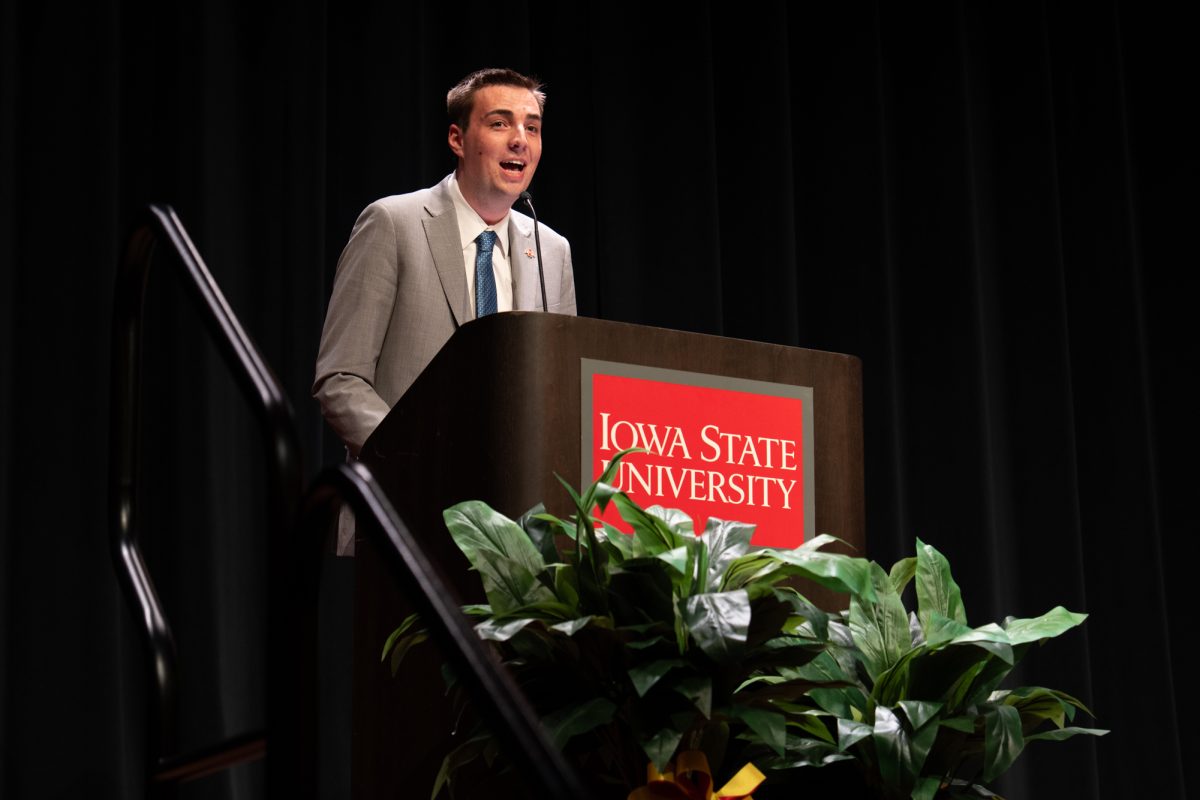StuGov town hall: Differential tuition, new scholarship app discussed
Curtiss Hall is home to the College of Agriculture and Life Sciences. The three finalists for the next CALS dean will be coming to Iowa State in September.
October 30, 2017
Differential tuition, financial aid and housing affordability dominated the discussion Monday evening during a town hall held by Student Government.
Hosted by President Cody West and Vice President Cody Smith, the duo gave conversational presentations on college affordability and welcomed questions from those in attendance.
Of the roughly 20 people present, about half were students and the other were senators and cabinet members.
“A lot of times we talk about just tuition…” Smith said. “This town hall, the reason we wanted to do it is to talk about college affordability as a whole.”
For West, he also wanted to ensure that students and senators have accurate information when talking about and discussing college affordability with their peers.
Regarding differential tuition, West and Smith presented departments that may be proposed to the Iowa Board of Regents by Iowa State.
A differential tuition increase is when some academic programs charge higher tuition rates because the cost of delivering those programs is higher, according to the university website.
Currently, the College of Business, College of Engineering and several design and agriculture majors have differential tuition in their departments.
Questions gauged to West and Smith included the impact it may have on students in selecting their major and if it acts as a discouragement.
“Not saying it’s the right way or the best way, but that’s the way it’s been communicated and it’s had proven results,” Smith said.
West said that more departments have been displaying ways in which the departments have been showing the need for the tuition and where the money is exactly going such as through signage on laboratories that were paid for by the tuition increases.
Benefits of differential tuition increases West and Smith said, would be the ability to decrease the faculty-to-student ratio at Iowa State and in those departments.
On the tuition task force — which in the summer proposed an annual 7-percent tuition increase over the next five years to the regents — West and Smith said they felt that from conversations they’ve had that should tuition increase it will not be to that extent.
“It’s an insane amount,” West said. “ I don’t see the board ever OK with that… they would probably cut resources before putting burden on students.”
However, West said, he would have liked to see more from the university out of the tuition task force proposal as the initial proposal assumed state appropriations would be consistent over the next several years.
West and Smith also considered the issues of deferred maintenance and how that relates to the issue of increasing tuition and lagging state appropriations.
“We’re at a time now where we decide: can the campus infrastructure be put off or [do we] raise tuition?” Smith said.
In regard to financial aid, West and Smith expressed frustration in the recent decision by Congress to let the Federal Perkins Loan Program expire.
To address this, the two recently met with Roberta Johnson, financial aid director, talked about what that financial aid now looks like and how students would navigate that.
Additionally, West discussed a new app that will be implemented at Iowa State next semester called Academic Works that organizes and condenses available scholarships at Iowa State. The university purchased the app approximately three weeks ago, West said.
The town hall concluded with Smith requesting from students merits they would like to see in developing a possible housing-rating system in Ames.
“We want to create a rating system for student-friendly landlords,” Smith said. “We’re trying to get an approach that encourages businesses to adopt practices that are student friendly.”
Student Government will moderate an additional town hall with Iowa State administrators in the student affairs division on Thursday, Nov. 9.
The event will be an opportunity for students to ask senior administrators questions on campus issues.
The forum will cover topics including: campus climate, tuition, student health and infrastructure.



